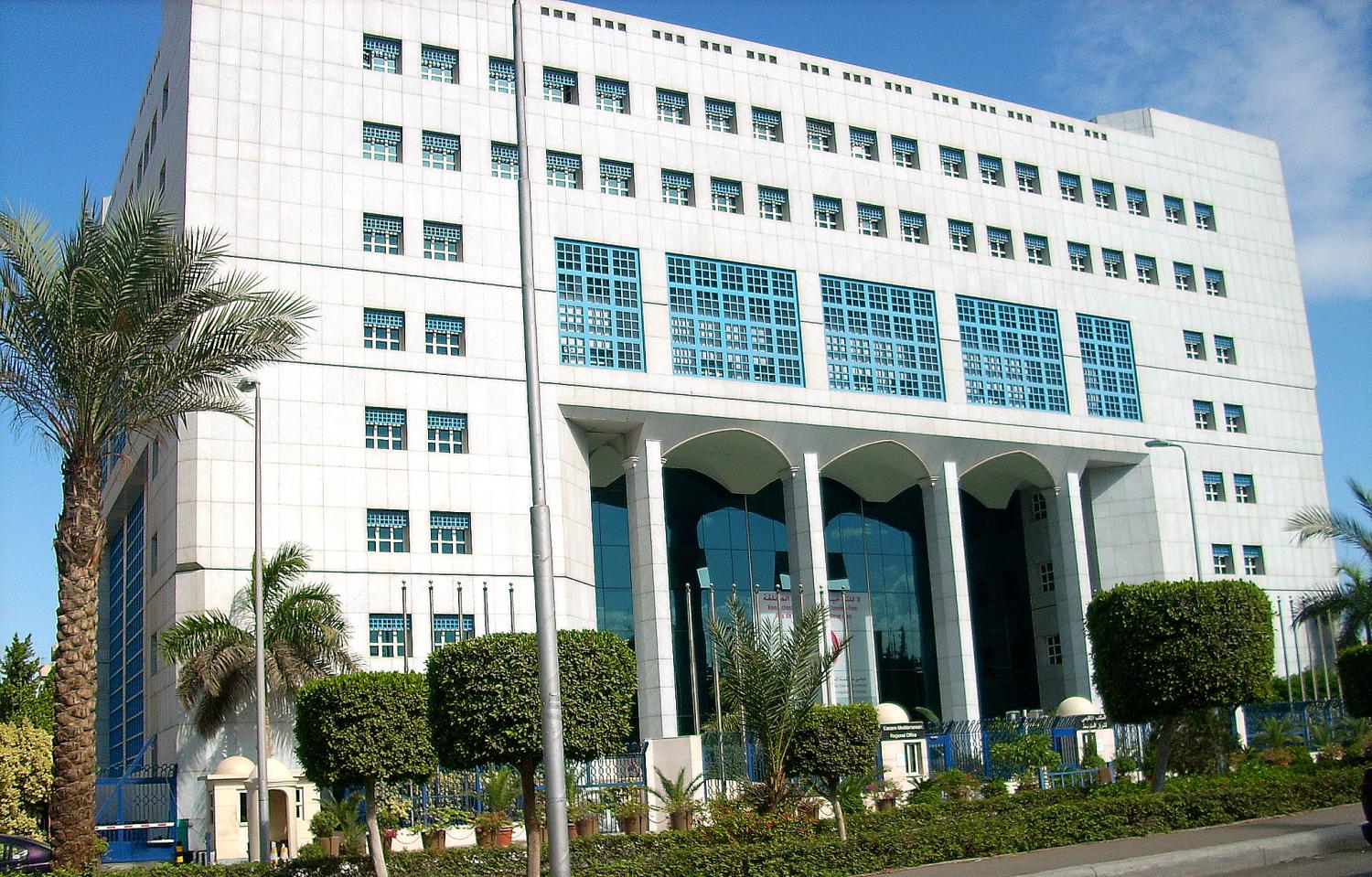Saudi Arabia announced today that four women have recovered from previously unreported cases of MERS-CoV (Middle East respiratory syndrome coronavirus), while another four people have died of MERS infections that were announced earlier.
With this news, the Saudi Ministry of Health's (MOH's) MERS-CoV count rose to 53 cases. However, the death toll listed on the MOH's MERS overview page remained at 32 at this writing.
If the new cases and deaths are added to the World Health Organization's (WHO's) global MERS tally, it will increase to 68 cases and 42 deaths. The current WHO count is 64 cases and 38 deaths.
The Saudi announcement closely followed the start of a 3-day meeting in Cairo at which health officials from the Eastern Mediterranean and Europe aim to develop a MERS-CoV response plan.
Also today, the WHO issued a summary of MERS-CoV developments over the past 3 weeks. The agency predicted, "It is likely that more sporadic cases with subsequent limited transmission will occur in the near future," a forecast that today's Saudi announcement seemed to fulfill.
The Saudi statement said the four new cases involved a 42-year-old Saudi woman in the Eastern region and three female healthcare workers, ages 45, 39, and 29, in Taif governorate, which is near Mecca in the western part of the country. The 42-year-old has been released from a hospital, and the other three have all recovered, the MOH reported. A total of 14 patients in Saudi Arabia now have recovered from MERS, the agency said.
The statement didn't specify if the three health workers were hospitalized or if their cases were linked to one another or to cases previously reported in Taif.
MERS cases have been seen in health workers before, but in other ways the new cases don't entirely match the most common demographic pattern. Seventy-two percent of patients so far have been male, and most have been middle-aged or older, the WHO noted today.
Regarding the four deaths, the MOH said two of the patients lived in Taif and two lived in the Eastern region. It gave no other details about them.
On Jun 14 the ministry had announced two cases in Taif, in a 65-year-old man and a 68-year-old woman. That was followed 2 days later by a statement about the deaths of two patients in Taif, apparently referring to the same two.
Meanwhile, more than 80 health officials gathered for the 3-day MERS-CoV meeting at the WHO's Eastern Mediterranean Regional Office (EMRO) in Cairo, the office announced in a press release. All the countries in the EMRO region are represented, along with France, Germany, Ireland, Italy, Russia, and the United Kingdom (UK).
"At the end of the meeting, countries are expected to agree on a joint action plan that can collectively improve and strengthen public health preparedness measures against MERS-CoV through regional and inter-regional collaboration and partnerships," the EMRO release says.
Today's WHO summary of MERS-CoV events, its first such report since May 31, offers some perspective.
"The newest cases reported indicate that the source of infection, which has still not been determined, remains active in the Middle East and is present throughout a large area, including new regions in Saudi Arabia," the WHO said.
"The Italian case with history of travel to Jordan, suggests the continued risk of infection within Jordan, where no confirmed cases have been identified over 1 year despite ongoing surveillance. This cluster also represents the first time that a co-worker has become infected in a work setting other than a health care facility." In that situation, a 45-year-old hotel employee passed the virus to a 42-year-old co-worker.
The WHO also observed that two recent cases represent the first documented infections in children. One was in a 14-month-old relative of the index patient in the Italian outbreak; the other involved a 2-year-old in Jeddah, Saudi Arabia.
In other comments, the WHO noted the growing evidence that nasopharyngeal swabs are less sensitive for detecting MERS-CoV infection than samples taken from the lower respiratory tract.
"If initial testing of a nasopharyngeal swab is negative in a patient strongly suspected to have MERS-CoV infection, patients should be retested using a lower respiratory specimen or a repeat upper respiratory specimen with an additional oropharyngeal specimen if lower respiratory specimens are not possible," the agency said.
In other comments, the WHO said that in cases for which exposure is known or strongly suspected, the incubation period for the illness is generally less than a week. But it also repeated previous statements that in one case, the incubation period was between 9 and 12 days.
See also:
Jun 20 Saudi MOH statement
Jun 20 WHO summary and update
Saudi MOH MERS overview page with case count
Jun 20 EMRO release about Cairo meeting
Jun 17 CIDRAP News story on previous Saudi cases






















